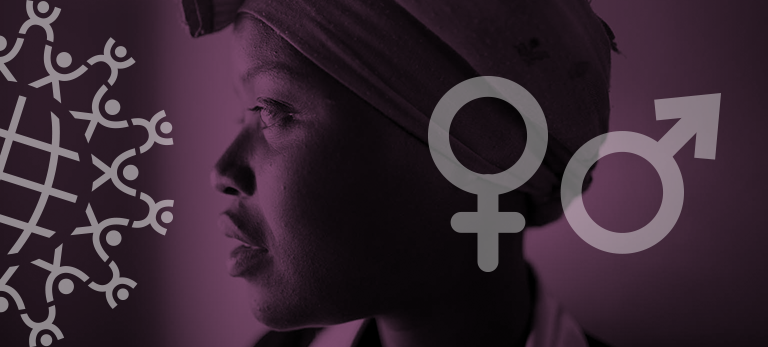Where We Work
See our interactive map


Nurses from around the world weigh in on how to do this in the age of COVID-19.
There are massive gender inequities in nursing leadership around the world and the gains made in the past are at risk of being rolled back by COVID-19 pandemic.
This is what Mary Nandili, director of nursing services at the Kenya Ministry of Health, told hundreds of participants last month in a virtual event led by IntraHealth International, Nursing Now, and Johnson & Johnson.
"Nurses played a crucial role in China’s holistic approach to tackling COVID-19," Linda Zhou said.
“In terms of leadership, males are still predominant,” Nandili said. “Over 60% of the nursing profession [in Kenya] is dominated by women, yet women are not well-represented in decision-making levels. Female nurses, on the other hand, double their effort with domestic matters, yet men contain their concentration at work.”
Nandili also said that nurses as a whole are being discriminated against by their neighbors because of having contact with COVID patients.
“The risk of nurses contracting infection is high, as they are with patients for longer hours,” she said.
Urgent action is needed to address stigma, leadership, and gender inequalities of nurses for the pandemic response to be successful and to prevent a backslide in global health progress, she said.
Indeed, the first-ever State of the World’s Nursing Report released in April 2020, backed by evidence such as that in the 2019 report Investing in the Power of Nurse Leadership: What Will it Take?, found “deep-seated gender imbalances that permeate health systems at all levels and affect all facets of the management of the nursing workforce.” The 2019 report Delivered by Women, Led by Men shared similar findings.
But what actions should we take?
In February 2020, IntraHealth advocacy staff interviewed 29 Kenyan nurses, nursing students, and nurse policy leaders on their perceptions of the nursing profession, gender differences in advancement, juggling paid and unpaid work, nurses’ decision-making authority, and mentorship.
Let’s take our lead from nurses to make a future of health for all together.
They told us that bolstering formal mentorship programs, meaningfully involving nurses in health policy decision-making, and specific reforms to nursing administration in Kenya could make major inroads toward addressing the inequalities they identified.
How do we take such actions?
Well, World Health Organization (WHO) member states designating 2020 as the Year of the Nurse and the Midwife—and its proposed extension to 2021—is a start. But it’s only a start.
Our next step should be listening to the experiences and ideas nurses shared this month, including from Nandili, WHO chief nursing officer Elizabeth Iro, China Medical Board director of program coordination Linda Zhou, Nursing Now executive director Barbara Stilwell, IntraHealth global technical lead for gender equality and health Constance Newman, International Council of Nurses CEO Howard Catton, and others.
Linda Zhou pointed out that nurses took on a crucial leadership role in China’s response to COVID-19.
“Nurses protected health workers and patients,” she said. “It was a nurse who developed infection-control guidelines, trained all health workers, and supervised them to make sure the rules were followed. The chief nurses from the hospitals participated actively in the policy-making process.”
Going forward, Zhou suggests building nurses’ capacity in management skills to help them take on even more effective leadership roles.
“We need policies and strategies to address the inequalities in terms of leadership and also in terms of gender,” said Dr. Nandili. “Introduce gender transformative policies that would neutralize female and male dominance. Allocate adequate finances to the profession and ensure nurses control a portion of those finances. Advocate for nurses to be appointed to leadership and political positions.”
Let’s take our lead from nurses to make a future of health for all together.
Get the latest updates from the blog and eNews




